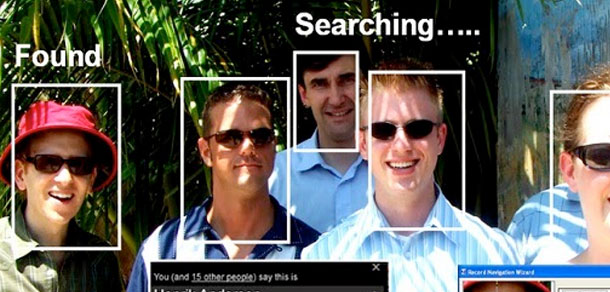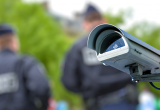Ban on facial recognition considered in San Francisco
19 February, 2019
category: Biometrics, Digital ID, Government
A ban on facial recognition technology is being considered in the city of San Francisco just as the technology moves toward mainstream use for digital ID and even commerce. But with increasing popularity comes the backlash — one that seems almost inventible when a cutting-edge technology attracts attention from lawmakers and regulators — and that’s now the case with facial recognition.
The ordinance could also make it much harder for city officials, including police, to use information gained from facial recognition technology
Reports have recently emerged that city lawmakers in San Francisco are considering a total ban on the biometric authentication tool. If passed, that law would become the first such facial recognition ban in the United States.
Nearby cities such as Berkeley and Oakland require public input and clear privacy polices before city officials deploy such technology, but have set no bans on facial recognition, as the San Francisco ordinance would do.
Ban on facial recognition part of “surveillance” tech ordinance
The proposed Stop Secret Surveillance Ordinance, introduced by San Francisco Supervisor Aaron Peskin, would not only prohibit city departments from using facial recognition technology, but require the Board of Supervisors to approve any city purchase of what the ordinance calls “surveillance technologies.” The ordinance would also prohibit city officials from using information gained from facial recognition technology — according to reports, that could theoretically mean police could not legally use facial recognition evidence in investigations, at least without going through a detailed approval process with the Board of Supervisors.
The reasons?
According to the proposed ordinance, it is a reaction to the potential of facial recognition and related technologies (such as CCTV cameras and license plate readers) to violate citizens’ privacy and civil rights. The bill states that “if a surveillance technology is approved, data reporting measures must be adopted that empower the Board of Supervisors and the public to verify that mandated civil rights and civil liberties safeguards have been strictly adhered to.”
Such concerns, of course, are hardly new.
They have been around since writers, lawmakers and innovators thought up the concept of so-called surveillance technology and biometric authentication. Indeed, such concerns serve as major foundation of perhaps the most famous dystopian novel of all times, George Orwell’s “1984,” underscoring how deeply embedded in mainstream culture are the anxieties behind the proposed ordinance in San Francisco.
But as facial recognition and other biometric authentication technologies move from the realm of the theoretical to the world of daily life, those concerns — the backlash — are being heard and hashed out in courts, one of the strongest signs of the increasing popularity of those systems. So far, courts have generally sided with biometric and technology providers. Now the argument has entered the political arena, and what happens could influence the pace of future deployments of facial recognition technology.
Facial recognition benefits
Were bans on facial recognition to be put in place, the impacts could be wide-ranging and go far beyond worries about civil rights and privacy. It could also spark further anti-biometric sentiment.
Already, major deployments of facial recognition authentication systems have taken place at major airports. The general goal, of course, is to provide better, tighter security in a way that could also serve to make international air travel more efficient for both passengers and security personnel.
That idea of “seamless” or “frictionless” transactions is a key driver of the use of facial recognition technology in commerce. There, major players are taking many of the facial recognition lessons learned from the digital ID and security space and trying to apply them to consumer life.
For instance, that biometric authentication method recently took a big step toward more use in daily consumer life when Hertz said that it would use facial recognition (along with fingerprint biometrics) to help streamline car rental transactions at airports. Various financial institutions, retailers, credit card networks and payment service providers are also experimenting with forms of facial recognition — often via smartphone selfies — to improve fraud defenses, customer onboarding and other tasks.
Those projects don’t fall under the oversight of a city government. Even were that San Francisco ordinance to become law, it would not prohibit private-industry deployments or personal use of facial recognition tools. But any ban on facial recognition, no matter how local, could certainly serve to put up new roadblocks, either directly or indirectly, to further deployment. Every use case for a certain technology, after all, informs future projects. And investors are always sensitive about political reaction to new technologies.
In a sense, the proposed ordinance in San Francisco demonstrates the success of facial recognition technology. Politicians introduce bills for a variety of reasons, sometimes just for theater, but it’s hard to imagine this issue gaining so much attention were facial recognition not on a steady course to mainstream use.




